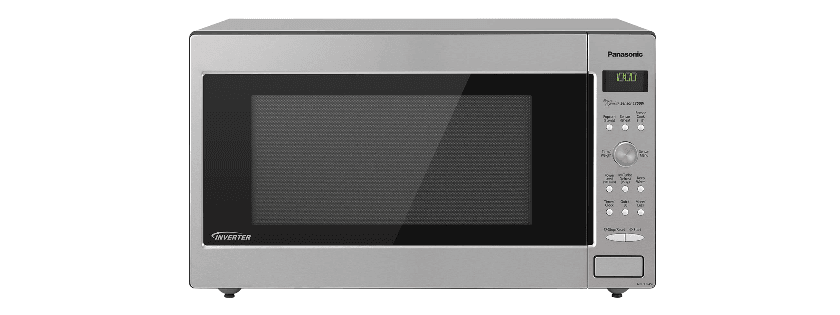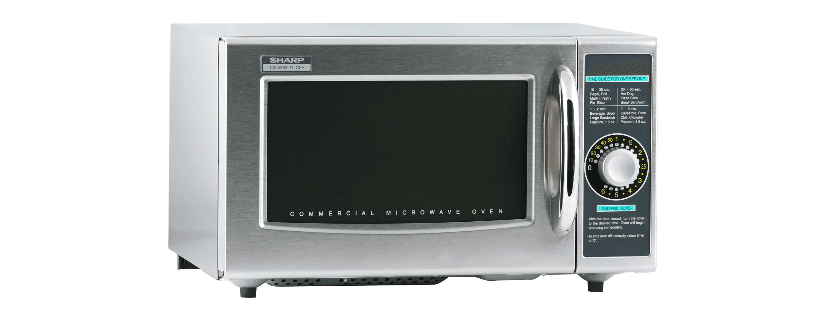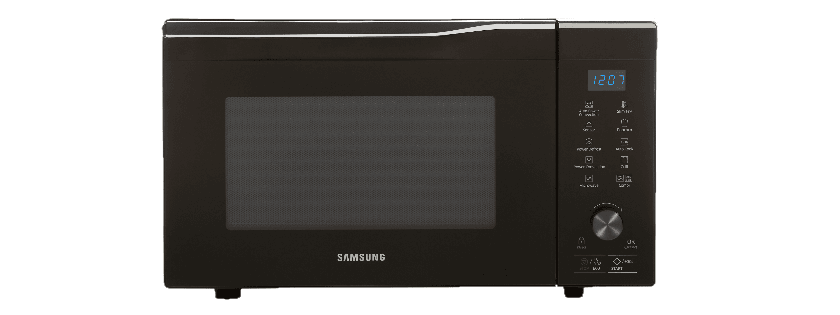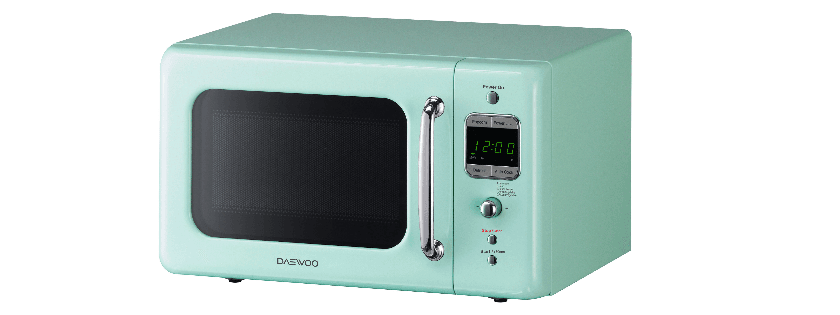Introduction: Choosing the Best Eco Friendly Microwave for Your Home
In today's world, sustainability is a priority in many households, especially when selecting kitchen appliances. Microwaves, often overlooked, consume significant energy and can have a notable environmental footprint. Opting for an eco friendly microwave not only reduces your carbon footprint but also saves you money on electricity and contributes to a greener lifestyle.
This comprehensive guide explores top energy efficient microwave ovens available in 2024, discusses features that make microwaves eco friendly, and highlights the environmental impact of traditional models. We'll also offer detailed pros and cons of popular eco conscious microwaves.
Top Eco Friendly Microwave Models of 2024
1. LG NeoChef

The LG NeoChef stands out for its innovative technology backed by LG's reputation in home appliances. This microwave combines energy-saving features with smart design for efficient cooking.
Pros
- Energy Star Certified: Uses up to 18% less power than many standard microwaves, which lowers electricity consumption and utility bills.
- Eco Mode: Optimizes power settings in standby or low-use situations to save up to 10% more energy.
- Heat Pump Technology: Maintains consistent internal temperatures using less power, improving cooking speed and quality.
Cons
- Plastic Components: Despite BPA-free plastics, these parts are not recyclable and may contribute to landfill waste over time.
- Packaging: Incorporates styrofoam, which is non-biodegradable and environmentally unfriendly.
2. Panasonic NN-SD945S

This sleek stainless steel model features inverter technology, maximizing energy use by distributing heat evenly without excess consumption.
Pros
- Inverter Technology: Provides precise and efficient heating, reducing energy waste.
- One-touch Food Settings: Tailors cooking power and time to specific foods for efficiency.
- Delay Start Option: Allows timed cooking for better energy management and convenience.
- Eco-friendly Design: Minimizes carbon emissions by activating features only when necessary.
Cons
- Size: Larger footprint may not fit compact kitchens easily.
- Price: Costlier compared to similar-function microwaves.
3. Sharp R-21LCFS

This countertop model offers a stainless steel interior and a powerful Eco Mode that significantly cuts energy use.
Pros
- Eco Mode: Reduces energy consumption by up to 60%, offering considerable cost savings.
- Stainless Steel Interior: Enhances heat retention, lowering energy needs during cooking.
- Lower Wattage: Operates at 700 watts, less than many microwaves, reducing electricity demand.
Cons
- Limited Features: Fewer cooking modes may reduce versatility.
- Smaller Size: Limited internal space may restrict cooking larger dishes.
4. Samsung MC11K7035CG

The Samsung MC11K7035CG combines sensor cooking technology with efficient materials and an eco mode to lower energy consumption and environmental impact.
Pros
- Energy Savings: Uses up to 40% less energy than traditional ovens due to its compact size.
- LED Display: Consumes minimal power compared to standard displays.
- Eco Mode & Auto Shutoff: Reduces standby power and prevents wasted electricity when forgotten on.
- Environmentally Minded Materials: Utilizes BFR/CFR-free plastics and lead-free soldering for reduced toxins.
Cons
- Lacks Insulation Materials: No special insulation may lead to heat loss and higher energy use during cooking.
- Not Energy Star Certified: Despite efficiency, certification is absent.
- Plastic Parts: Presence of multiple plastic components poses disposal concerns.
5. Daewoo KOR-7LREM

This model prioritizes energy efficiency with smart sensor cooking and very low standby power consumption, making it ideal for energy-conscious users.
Pros
- Energy Star Certified: Meets strict energy efficiency guidelines to reduce power consumption.
- Low Standby Power: Uses only 0.3 watts when idle, conserving energy when not in use.
- Smart Sensor Cooking Technology: Adapts cooking times based on moisture levels for precision and efficiency.
Cons
- Price: Higher upfront cost may be a barrier, though offset by long-term savings.
What Makes a Microwave Eco-Friendly?
Choosing an eco-friendly microwave encompasses several factors beyond just energy use. Here are key features to look for:
- Energy Efficiency: Look for Energy Star certification and microwaves that use inverter technology or eco modes to minimize electricity consumption.
- Durability and Quality Materials: Stainless steel interiors and ceramic components retain heat better and last longer, reducing replacements and waste.
- Recyclable and Non-Toxic Components: Microwaves made with recyclable or sustainably sourced materials lessen environmental impact throughout their lifecycle.
- Packaging: Environmentally responsible brands use biodegradable, minimal, or recycled packaging to limit waste.
Environmental Impacts of Traditional Microwaves
Many conventional microwaves contribute to environmental issues in several ways:
- Excessive Energy Consumption: Older models can waste electricity, increasing reliance on fossil fuels that contribute to climate change.
- Toxic Emissions in Manufacturing: Production processes may release harmful pollutants affecting air quality and ecosystems.
- Non-Recyclable Waste: Components like non-biodegradable plastics end up in landfills, persisting for centuries.
- Indoor Air Pollution: Electromagnetic fields and dust from microwave exhaust can degrade air quality, posing health risks.
Conclusion: Advantages of Eco Friendly Microwaves
Investing in an eco friendly microwave offers numerous benefits:
- Reduced Carbon Footprint: Lower energy usage means less greenhouse gas emissions and a smaller environmental impact.
- Cost Savings: Energy efficient models decrease electricity bills over their lifespan.
- Long-Term Durability: High-quality materials extend appliance lifespan, cutting down on waste and replacement frequency.
- Health and Environment: Using models with eco-conscious materials helps minimize exposure to harmful substances and waste.
By choosing wisely, consumers can enjoy convenient cooking while supporting sustainability and eco-conscious living.
